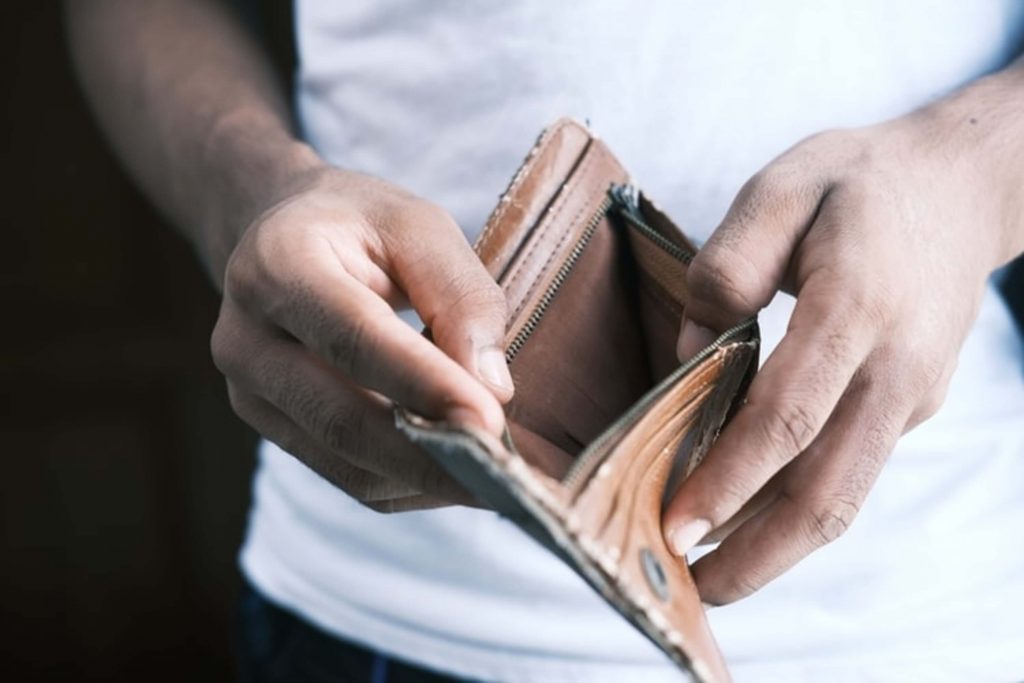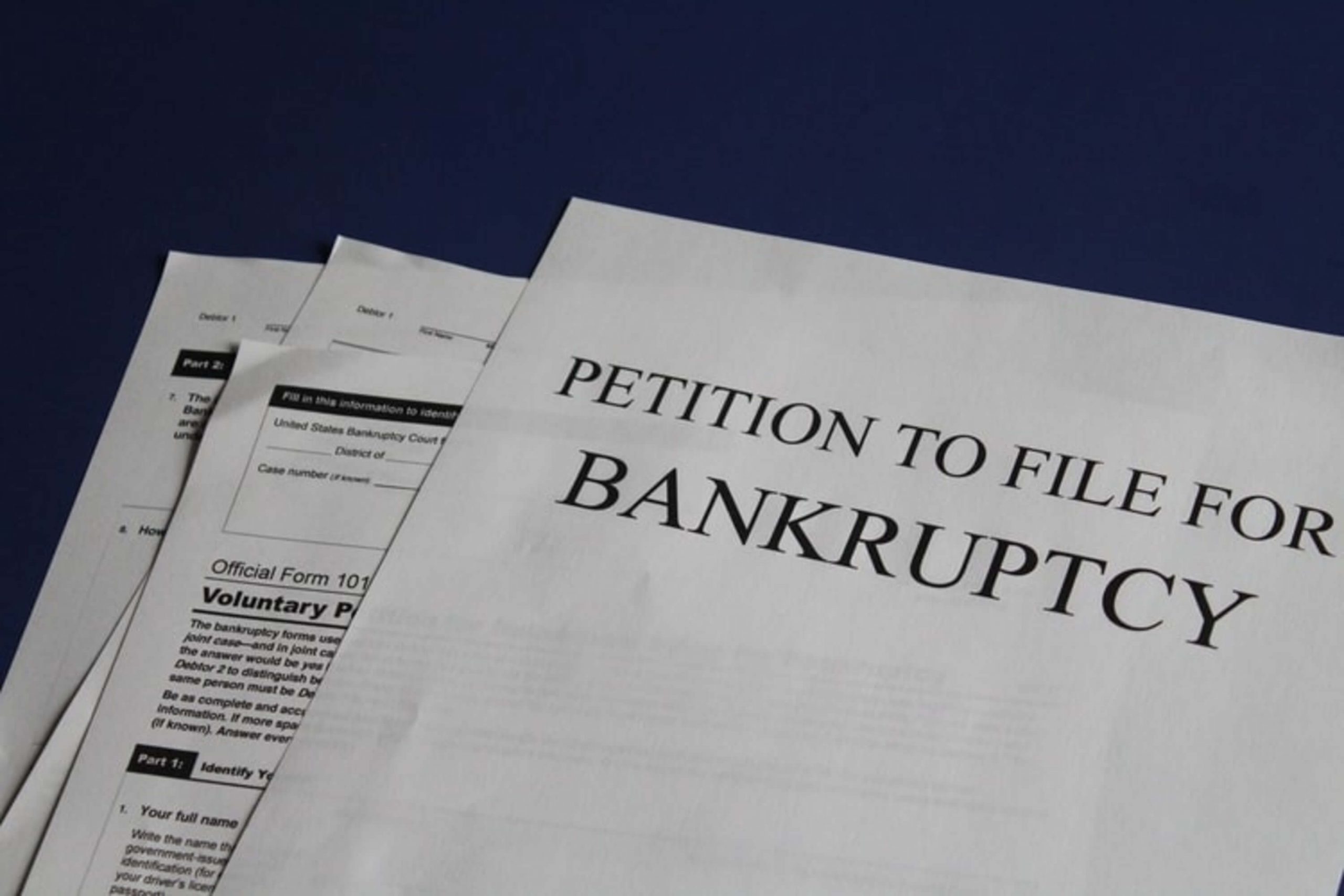Bankruptcy is a scary word. Getting dragged into such a scenario can be a terrifying experience. It means that you or your company has gone under and can no longer pay bills or honor debts. While bankruptcy is often thought of as something you have to do when too many problems overwhelm your business, it can also be a stepping stone for growth. There are many success stories of people who’ve risen from the lowest point in their business. The secret? Knowing when’s the best time to file for bankruptcy!
What is Bankruptcy?
Bankruptcy is the process by which a person or a company’s assets are liquidated and their debts discharged. It can be voluntary, where you file for bankruptcy due to unforeseen circumstances such as an illness or accident. However, it may also become involuntary if creditors petition the court to have your business declared bankrupt when they’re not getting paid on time.

Situations That Can Cause You to Go Bankrupt
Just as there are many ways to accumulate wealth, there are also plenty of reasons why you might suddenly go bankrupt. Starting with commercial bankruptcy, here are of them:
- Market Condition: The state of the market plays a huge role in the success or downfall of companies. When the market suffers, so will your business. Take a pandemic, for example. People can’t go out or attend gatherings, so businesses like resorts, nightclubs, or hotels might see decreased sales and an increase in expenses from the lack of customers. If this continues, the company might be forced to close.
- Poor Decisions: Bad decision-making is a common cause of commercial failure. For example, when you start a trendy business but suddenly the market shifts, and there’s no more demand for your products or services. The expenses of running this location plus not generating enough income can put your company into bankruptcy proceedings quickly.
- Lawsuits: Lawsuits can have a severe impact on your business. The costs of trying to defend yourself, paying attorneys, and winning the case could be astronomical, which is why many companies go bankrupt when faced with lawsuits.
As for personal reasons for going bankrupt, typical examples would be:
- Divorce: Divorce can be one of the most devastating events in a person’s life. Not only does it hurt you emotionally, but financially as well. When couples split up, the income is severely divided, and one party might not be able to pay their debts.
- Critical illness: Critical illness is when a person becomes so sick that they need constant care. Patients who suffer from this often incur high expenses and can’t work to provide for their families, which means they have no resources to pay bills or debts.
- Termination from work: When a person loses their job, it creates an instant lack of income. If they can’t find another job quickly, the individual might not cover all their expenses or buy food.
- Natural Disasters: Natural disasters can destroy homes and render those who live in the area broke and jobless. It’s the worst thing that can happen to someone and cannot be controlled.
First, Get Hold of Your Situation
Before you file for bankruptcy, figure out the root of your financial problems. Has a competitor been eating into your market share? Did you have an unexpected expense that cut too deep? Analyzing where all this started will help figure out how to get back on track and put yourself in a better position for success.
Next, list what assets are worth liquidating (selling). Note what can be sold off quickly versus what takes time to set up. Things with quick paybacks such as equipment leases, properties rented by tenants who value stability over appreciation potential should be listed here first. This is also the perfect time to consider selling everyday items that might not sell at the best price but would still return some money, nevertheless.
The Best Time to File for Bankruptcy
Bankruptcy might be the last thing in your mind right now. That’s understandable. However, know that it gives you the benefit of automatic stay, meaning creditors will stop collecting debt, call you, or try to gain ownership of your assets recklessly. So when should you file one?
- When you have been unemployed for a long time. Bankruptcy and unemployment are two things that go hand in hand. But if you have been jobless for some time now with no other benefits, it would be best to file before the situation worsens.
- When you’ve found a high-paying job. This might sound counterintuitive, but it’s actually not. If you start earning a lot, you won’t be able to file for Chapter 7 instead of 13.
- When your landlord is keen on kicking you out. Again, you will be temporarily protected by the automatic stay rule.
- When you’re facing a lawsuit based on delinquent debts. You can avoid getting sued when automatic stay goes into effect.
Note that filing for bankruptcy varies for every situation. As emphasized earlier, you should always try to analyze your situation before coming to a decision.

Conclusion:
Timing a bankruptcy filing has never been easy. But there are times when it’s your last resort. While there are plenty of reasons why you should file, it would be best if you get yourself some concrete legal advice. This helps you plan on how to get back to a stable position. Never lose hope!
